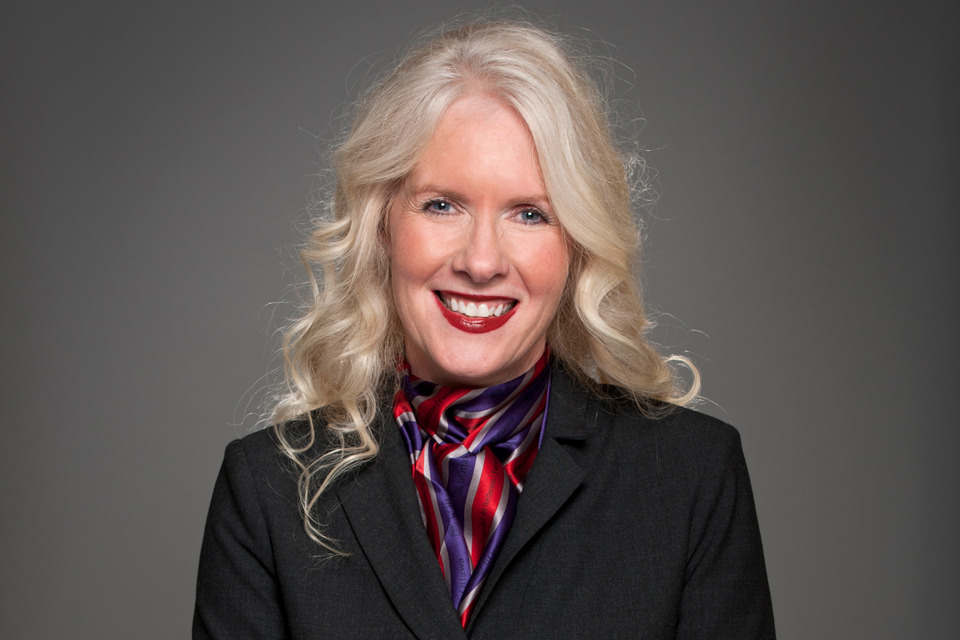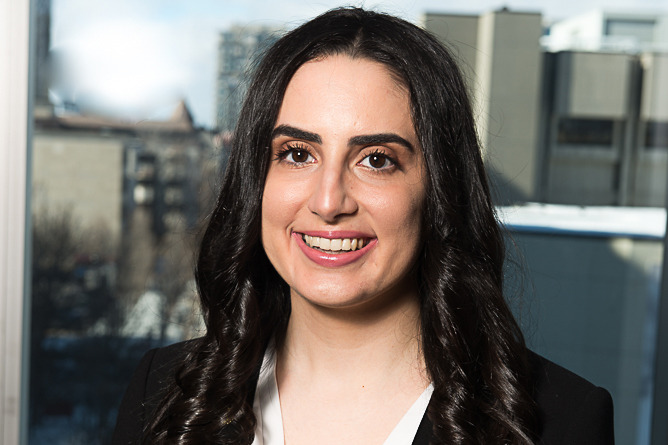By Michelle Read
Writer
When COVID-19 hit Ottawa in early March, administrators of uOttawa’s MD program didn’t miss a beat in anticipating the needs of their learners.
On Friday, March 13, 2020, every soul at the university was sent home—faculty, staff and learners—while the next steps were evaluated in the face of the health threat. The Faculty of Medicine knew wasting time was not an option if it was to deliver on its mandate of turning out world-class doctors in the prescribed four-year timeline.
Evaluating the situation
That Saturday kicked off March break for the program's pre-clerkship students, buying the University time to move a top-ranked medical curriculum online—no small feat.
By Tuesday, Dr. Melissa Forgie, vice-dean of Undergraduate Medical Education (UGME), was chairing the first meeting of the newly created Undergraduate COVID-19 Contingency Planning Committee (UCCPC).
The committee of administrative leadership, student representatives and leaders in pre-clerkship, clerkship, curriculum, evaluation and other areas, quickly arrived at decisions as to how virtual learning, examinations and evaluations would take place.
“It has been truly inspiring to see how busy clinicians with pandemic-related increased patient care responsibilities managed to spend an enormous amount of time making all the changes to the curriculum and its delivery; and all while the administrative team was literally working around the clock,” says Dr. Forgie.
Third-year student and medical student council president Céline Sayed says UGME leadership and administration collaborated continuously with student representatives.
“We’re grateful that they ensured student opinion was included and considered during the change.”
Dr. Forgie met daily with Ontario’s medical deans to align decision-making and sharing of resources, and weekly with the national medical deans, the Association of Faculties of Medicine of Canada, all in collaboration with the Medical Council of Canada, The Canadian Resident Matching Service (CaRMS) and other bodies.
“The medical community has shown its true professionalism and camaraderie in this time of need,” says Linda Chenard, UGME director.
By March 23, many students were back to their studies—in a completely reimagined way.
All hands on deck
With online teaching being uncharted territory for many instructors, the collaborative nature of the Faculty’s offices and services stood out.
Pre-clerkship and clerkship directors, as well as administrative staff, supported professors in converting their materials into teachable online materials. Students have been helping teachers with technical issues during virtual sessions, and the Office of Continuing Professional Development has offered webinars to improve online teaching.
Donna Williams, clerkship coordinator for the department of Family Medicine, coordinates liaisons between the Faculty and its partner hospitals, including physicians, faculty members, hospital representatives, tutors, coordinators and examiners. “A lot of teamwork went into launching the new platform of content delivery, which many had used only minimally,” she says.
“Practice sessions with lecturers increased their comfort in delivering content on-line, and we worked with our rotation teams to come up with a deliverable schedule so the students could meet their objectives. We were able to achieve our goal in an extremely short period of time.”
Information Management Services identified technical solutions and provided support with the online examination tool ‘Questionmark,’ successfully offering the Unit I midterm exam on April 6. While there have been some technical challenges, the students are showing they can lead the way in adapting to uncertainty and change.
Messaging established in each UCCPC meeting continues to be distributed to students via email, town halls, the student society’s Facebook page, and the UGME COVID-19 update webpage, including instructions on how to access scheduled lectures and download software.
Online modules have replaced some hands-on learning, and UGME has been working with the Department of Innovation in Medical Education (DIME) with regards to simulation. A new telemedicine component, allowing learners to evaluate patients at a distance, was developed in record time for year 3 clerkship students.
Dr. Chris Ramnanan, head of Anatomy at the Faculty, says the COVID-19 pandemic necessitated adjustments to medical anatomy education worldwide, including at uOttawa.
“Hands-on cadaveric activities have been replaced by online anatomical images narrated by lecturers and virtual anatomy resources developed locally, and exams are now image-based,” he says.
Program delivery hailed a success
Ms. Sayed says online learning can pose many challenges such as poor Wi-fi connections and less student-professor interaction, but she is pleased overall at the success of the change.
“I would say the curriculum has even improved, as many classes have been re-vamped and new virtual learning resources have been collected and distributed to students,” she says.
“Our online assessment strategy will identify our strengths in online delivery,” agrees Ms. Chenard. “And our curriculum director is even looking at long-term hybrid delivery for our curriculum.”
The current online format meets all expectations of Canada’s governing bodies of medical degrees, says Ms. Chenard, and no disruption is expected to the traditional four-year format.
“Students are able to achieve all of the objectives of the program, and we’re pleased with the positive feedback from students in pre-clerkship and clerkship.”
Throughout it all, the Faculty has been there for its learners, who by phone, Teams call or virtual sessions can feel supported by their program—a hallmark of the Faculty of Medicine, says Dr. Kay-Anne Haykal, assistant dean of student affairs.
“Our students have shown to be extremely resilient during these challenging times.”



